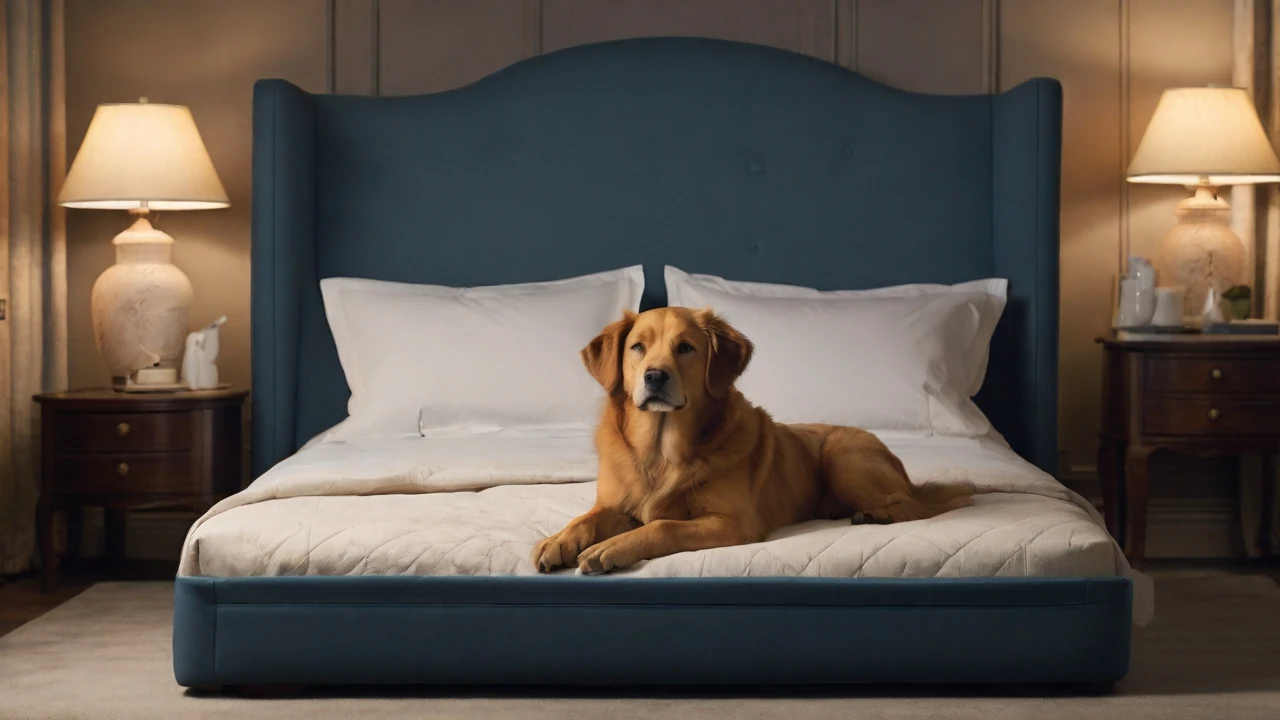Dogs are fascinating creatures, each with its own unique personality, quirks, and yes, sleeping habits. If you've ever wondered why your furry friend seems to spend so much of their day catching z's, you're not alone. As dog owners, we're often curious about what makes our canine companions tick, especially when it comes to their sleeping patterns.
Why Do Dogs Sleep So Much?
It's no secret that dogs love to sleep, and it's not
uncommon for them to snooze for upwards of 12 to 14 hours a day. But what
exactly drives this seemingly insatiable need for shut-eye? The answer lies in
their evolutionary history and physiology.
Evolutionary Adaptations
While our modern-day pooches may spend most of their time
lounging on the couch, their ancestors were skilled hunters who relied on
bursts of energy to chase down prey. In order to conserve energy between hunts,
early canines developed the ability to sleep for long periods of time, allowing
them to recharge their batteries and be ready for action when needed.
Physiological Factors
In addition to their evolutionary background, several
physiological factors also play a role in determining a dog's sleep needs. For
instance, larger breeds tend to require more sleep than their smaller
counterparts, while puppies and senior dogs may clock in even more hours of
shut-eye due to their growing or aging bodies.
The Importance of Quality Sleep
Just like humans, dogs require quality sleep in order to
maintain their physical and mental well-being. During sleep, dogs undergo
essential processes such as muscle repair, memory consolidation,
and immune system maintenance. Without enough rest, dogs may experience
a range of health issues, including obesity, cognitive decline, and even
behavioral problems.
Factors Influencing Canine Sleep
While dogs may seem to spend the majority of their time in
dreamland, several factors can influence the duration and quality of their
sleep.
1. Age: Puppies and senior dogs tend to sleep more
than adult dogs, with puppies needing up to 20 hours of sleep per day to
support their rapid growth and development.
2. Breed: Different breeds have different sleep
requirements, with larger breeds generally needing more sleep than smaller
ones.
3. Activity Level: Dogs who lead active lifestyles or
engage in regular exercise may need more sleep to recover and recharge.
4. Environment: Factors such as noise, light,
temperature, and comfort can all impact a dog's ability to sleep soundly.
5. Health Status: Underlying health issues, pain,
discomfort, or anxiety can all disrupt a dog's sleep patterns.
Conclusion
In conclusion, dogs sleep as much as they do for a variety
of reasons, including their evolutionary history, physiological needs, and
individual characteristics. By understanding the factors that influence canine
sleep, we can better meet our furry friends' needs and ensure that they enjoy a
happy, healthy life.
If you want to read more information How I Trained My Dog to
Sleep in His Bed (And You Can Too) here just visit --> What is The Best Dog Food

Comments
Post a Comment